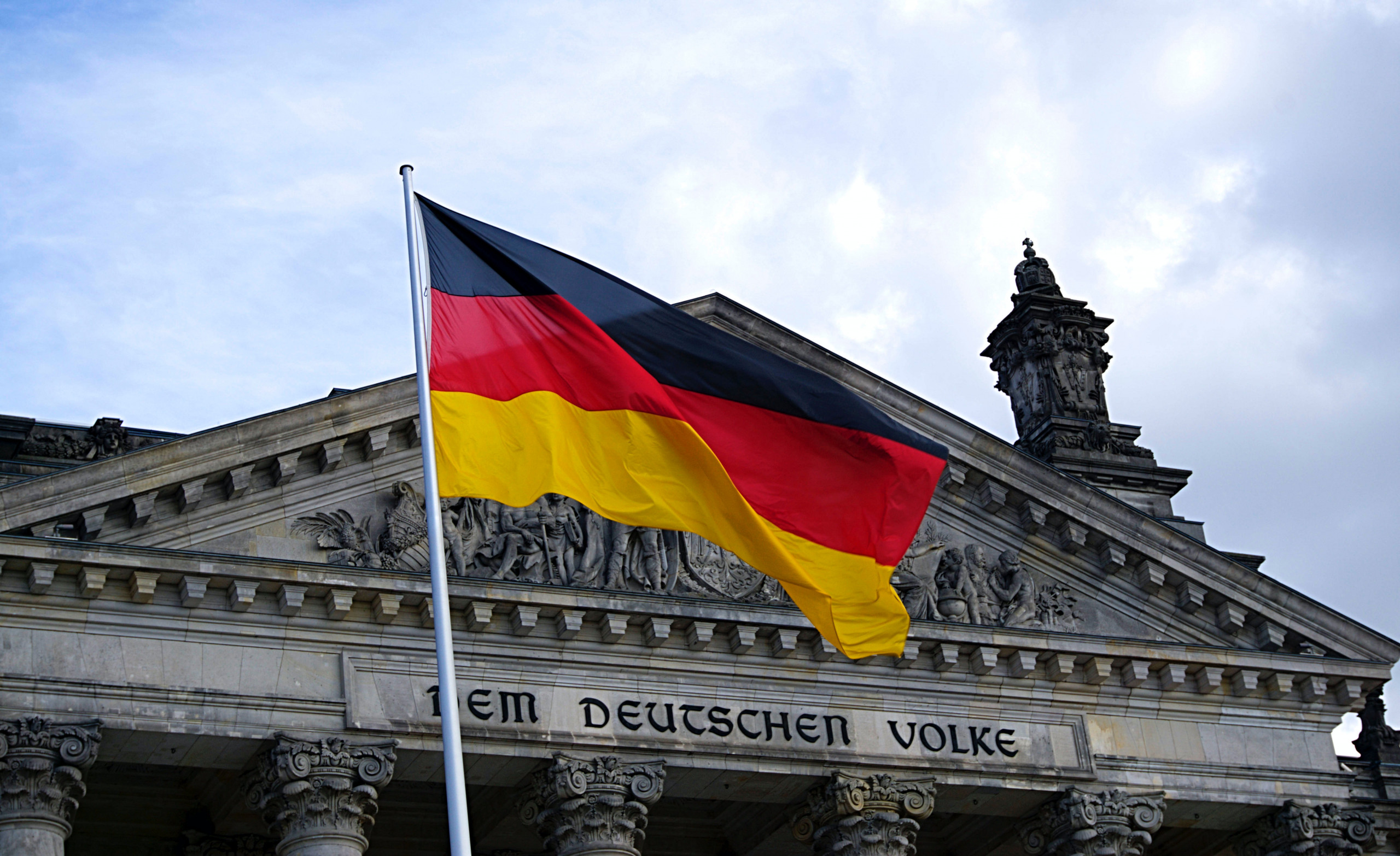The integration system in Germany consists of two stages:
- German language courses with an examination to obtain an official certificate confirming the level of German language proficiency;
- Integration courses, where the basics of democracy, German history, legal and economic knowledge are mastered.
At the end of the integration course, you have to take an examination. A certificate from the integration course is required in order to obtain German citizenship (in addition to other documents and other conditions).
The integration process is carried out with state support (co-financing – the state reimburses a certain part of the training costs) and on a mandatory basis (for certain groups of foreigners who want to live in Germany. This includes, for example, foreign spouses of German citizens).
Today we will tell you about the experience of taking an integration course, which Maria Sh. shared with us. After moving to Germany and getting married (for this she had to open a fiancée visa at the German representation office beforehand), she had to pass the B1 level German language test and take an integration course to get a residence permit.

“I studied German in Germany from level A1 to B1. I took the exam for level A1 before I moved to Germany in Russia at the Goethe Institute. I prepared for the exam on my own.
It should be noted that one of the conditions for obtaining a fiancée visa, which is necessary for marriage in Germany, is a certificate confirming knowledge of German language level A1. This certificate is issued after passing the exam in the Goethe Institute, no other document confirming knowledge of the language is accepted for submission of documents for the bride visa. Only the Goethe Institute in Russia has the right to issue such certificates.
There were 15 people in our group at the integration course, all from different countries – both EU countries – Italy, Poland, Croatia, Romania – and people from Russia, Ukraine, Syria, Iran, Namibia, Argentina, Venezuela, and Brazil.
Everyone is so different! With different views, religions, customs, manners. One thing united all – the motivation to learn the language, the desire to live in Germany and understand German society. I was very happy about these courses, this live communication with people from different countries and continents. If you come to live in another country, at the first stage of life here, it is important to make new friends. It gives life a special flavor of participation and complicity. We had a very friendly group, sometimes we organized a tea party and everyone brought a dish of national cuisine. Trying something new is always a good thing. Whether it’s new knowledge or new culinary delights.
I met different people on the course, and I have made friends and continue to connect with 3 beautiful women.
Teachers played an important role in our group. They not only taught German, they taught us tolerance and put their soul into us. Thanks to them!
I would like to say separately about exams. If you did not pass the exam the first time, you can still attend courses, paying for them, or prepare for the exam yourself. There is a fee for the exam. You have two more attempts to pass the exam. If you do not pass the B1 level exam, you will automatically receive an A2 level certificate.
The next step is to teach the basics of democracy, German history, and the basics of legal and economic knowledge in the same group. So called integration courses. At the end of the course there is also an exam.
You, as the wife of a German citizen, are entitled to a permanent residence permit if you have the German Language Certificate B1 and the Integration Course Examination Certificate.

